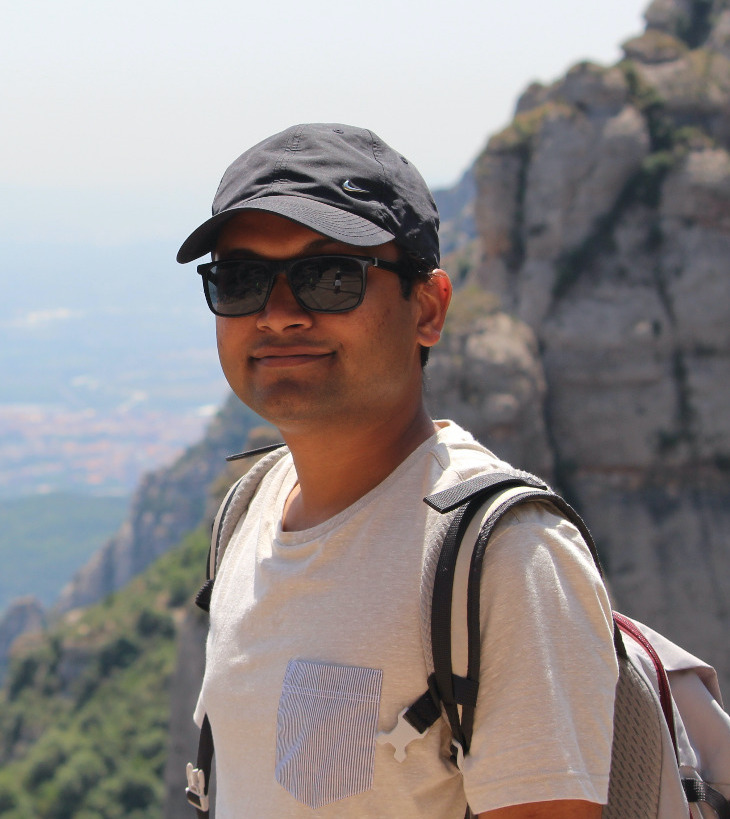You are here :
SIF 4th Cohort Fellows - Ishutesh Jain, University of Warwick

Curriculum Vitae
- Education
15/01/2010-28/02/2016
Doctor of Philosophy (Ph.D.), Indian Institute of Technology Bombay, Mumbai, INDIA
Biophysics
15/07/2005-25/07/2009
Bachelor of Engineering (BE), Madhav Institute of Technology and Science, Gwalior, INDIA
Biotechnology Engineering
- Experience
01/10/2018-30/06/2023
NCBS-InStem-Institute Curie Post-doctoral fellow
UMR 144, Institut Curie, Paris, and NCBS, Bangalore, FRANCE & INDIA
Studying the control mechanisms of microtubule force patterning through both experimental and theoretical approaches
15/06/2016-30/09/2018
Post-doctoral fellow
UMR 144, Institut Curie, Paris FRANCE
The functional role of mitotic duration in preserving genomic DNA.
- Publications/Research achievements
Research Project:
During cell division, cells assemble a cytokinetic ring (CR) composed of actin filaments, myosin motors, and auxiliary proteins, which undergoes constriction after chromosome segregation. Malfunctioning of the CR results in multiploid cells, potentially leading to cancer development. The CR generates forces that apply axial tension to the plasma membrane, regulating its remodelling and ingression to partition the cytoplasm. Work conducted over the past three decades has revealed a complete list of the CR's constituents, their composition, and nanoscale architecture. However, the biophysical description of the CR lacks quantification of the forces arising during constriction and its molecular mechanism. Recent advancements have led to the discovery of methodologies for isolating CRs from fission yeast, which constrict in vitro in an ATP-dependent manner. Building upon these methods, I propose developing a magnetic tweezers-based probe capable of exerting force on the isolated CRs. Using this assay, I will quantify the stresses produced by the CRs and explore the force-velocity relationship during constriction. Leveraging fission yeast genetics, I will further extend these measurements to CRs derived from cells with conditional mutants that render one or more crucial components of the cytokinetic ring non-functional, aiming to understand how these components contribute to contractile force. Furthermore, using recently developed tension sensors based on Förster Resonance Energy Transfer (FRET), calibrated using in vitro measurements, I will complement the in vitro measurements with measurements in intact cells, to provide a comprehensive understanding of the force-producing elements in CR constriction and their molecular mechanisms.


